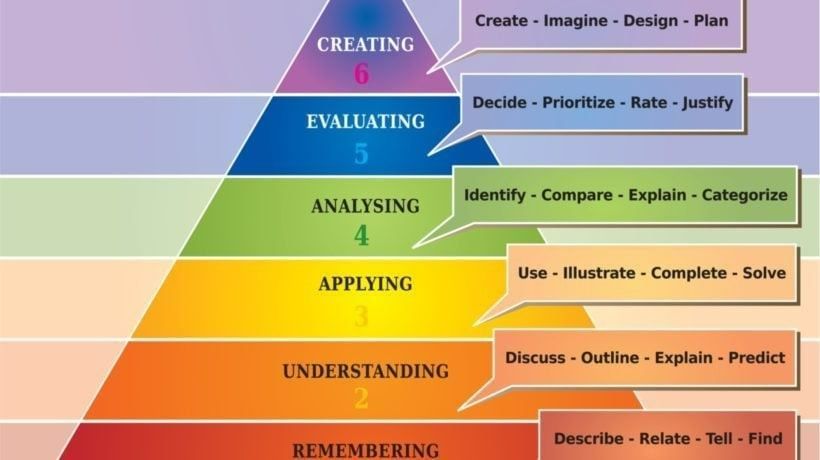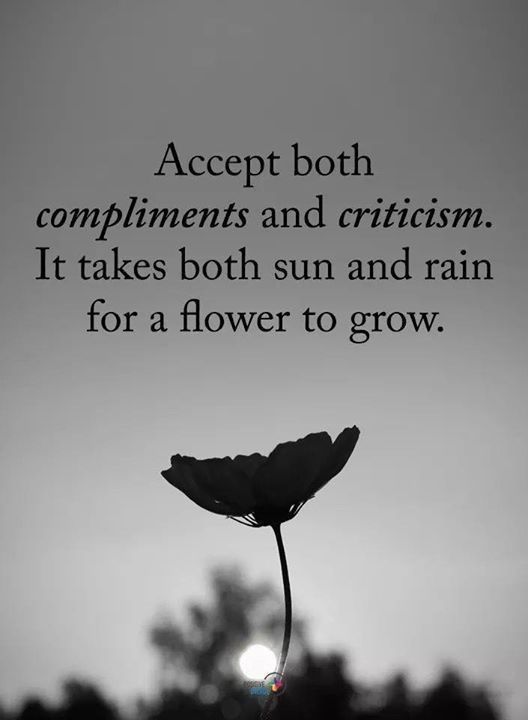The what, why and how of Speech Evaluations.
Siobhán Keenan Fitzgerald.


Today, I want to share with you the incredible benefits of learning to evaluate a speech. 🗣️📝 Whether you're a student, teacher, leader, or just someone passionate about effective communication this post may be of interest to you.
In Bloom’s Taxonomy of Higher Order Thinking Skills, evaluating is recognised as a higher order thinking skill, second only to creating, therefore it’s a very important and serious job. Speech evaluations enable the speaker presenting the speech to
(a) Receive personalized feedback regarding their strengths and areas for improvement.
(b) Apply their own critical thinking skills to consider the evaluation received
(c) Be encouraged to continue presenting speeches, applying feedback received to make continuous improvements.
🎙️🤔 When evaluating a speech, you learn to analyze and assess the structure, content, and delivery of a speech, allowing you to identify strengths and areas for improvement. Learning how to evaluate a speech can be an invaluable skill that empowers you in various aspects of life. Here are some incredible benefits of mastering this art:
· 🎤 By evaluating speeches, you gain insights into effective communication techniques. You learn to recognize the importance of clarity, coherence, and impactful delivery.
· 🎤 Evaluating speeches sharpens your listening skills and your critical thinking skills. You evaluate not only what the speaker is saying but how they are saying it, paying attention to not just the words but also the speaker's tone, gestures, and body language, drawing attention to the many effective techniques and rhetorical devices they are using and how effectively they’re using them. Evaluating also enhances your ability to critically assess any information you come across, via speeches and in life in general, differentiating between reliable sources and misinformation 🧠💡.
· 🎤 A privileged opportunity, exposing you to diverse perspectives and narratives, it encourages you to understand different viewpoints, fostering empathy and open-mindedness 🌍🤝, essential qualities in our interconnected world.
All of these benefits are invaluable in dialogue, debates, discussions, and even everyday conversations.
In Toastmasters, we say, “Feedback is the breakfast of champions”. The evaluations of fellow Toastmasters help us to constantly improve our communication skills. And giving feedback? Simple? A privilege but not simple. It's simply another skill that needs to be practiced.
Through regularly practicing the art of speech evaluations in Toastmaster meetings, we learn how to make our feedback palatable, nourishing and impactful for a speaker. But not only that, it also benefits the wider audience and us, ourselves, as speakers and human beings too.
As is the case with our speeches and presentations, we can bring our own personal style to evaluations.
My personal preference is to point out and build the strengths the speaker already has while delivering, clearly but gently, recommendations that, in my opinion, may make the speaker's presentation even better. It's important to back these suggestions for improvement up with some concrete examples.
It’s not only about remembering what the speaker said and how they said it. It’s not only about understanding the purpose and potential of the speech. It’s not only about applying everything that you’ve learned as a speaker to your evaluation. Speech Evaluation is an invaluable service to a speaker and is about delivering feedback in a way that the speaker can best receive it, encouraging, enabling and empowering them to make progress.
Last weekend, I was delighted to make it through to the Toastmasters, District 71 (North UK and Ireland) Final of the Speech Evaluation contest in Liverpool, a hybrid context which I competed in online. The competition element of speech evaluations involves competitors taking notes on the same speech in real time as the speaker is presenting, using the given 5 minutes to compile your notes and then delivering a 2-3 minute clear, concise and constructive evaluation speech to the speaker and audience, while managing nerves of course. With so little time to prepare, it can be intense and pressurized so why do it? For all the amazing benefits outlined above, of course.
🌟✨In summary, speech evaluation, a skill we learn through Toastmasters by regularly practicing and refining it, is not to be taken lightly. It’s a role, a service, a privilege, that done well, will benefit all members including the evaluator themselves developing communication skills, critical thinking skills and empathy. We evaluate to motivate the speaker and in doing so to the best of our abilities, we too grow as speakers and listeners. That, in my view, is why evaluating is such an important and beneficial activity in Toastmasters and a vital skill for life empowering you to communicate your view more effectively in any social context.
💪🚀✨ #SpeechEvaluation #CriticalThinking #EffectiveCommunication #Toastmasters #EvaluatetoMotivate
